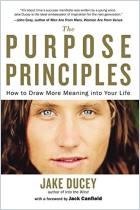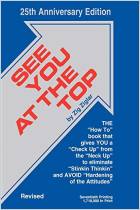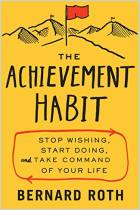Read offline
Recommendation
This is a new blend of familiar advice about goal setting, time management and turning your dreams into realities. Nigel Risner is direct and refreshingly honest. He flatly acknowledges that most people don’t act because they find it easier not to or because they are lazy. He emphasizes enjoying yourself and incorporating “comic relief” into your planning – a welcome change from many advice books. Risner is an award-winning motivational speaker, and you won’t forget this for a moment as you read. Sometimes, his book sounds like the published version of an oft-given speech. Although some of Risner’s jokes and turns of phrase probably do a great job of building connections and revving up a live audience, they fall flat on the page. Similarly, he uses oversized fonts and repetition as he might use visual aids and increases in volume to clarify his points in a speech. In writing, though, the results can be a little confusing. Still, if you’re looking for more depth and meaning in your life and relationships, getAbstract recommends trying the exercises and taking to heart the stories in this book.
Summary
About the Author
Nigel Risner was chosen as speaker of the year by both the Executive Committee and the Academy for Chief Executives in 2004.











Comment on this summary